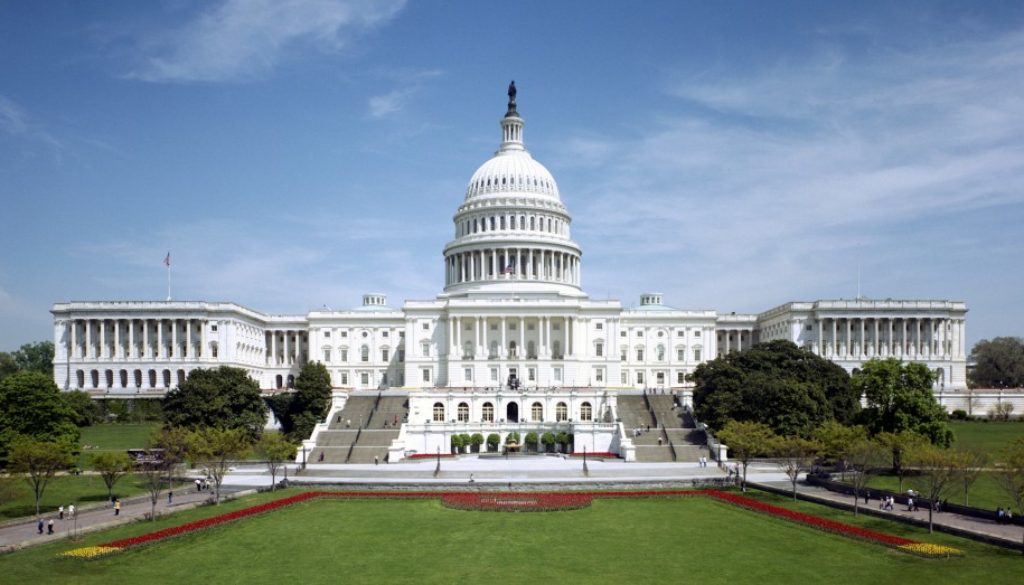CPR Senior Policy Analyst James Goodwin Testifies on Regulation for the House Committee on Small Business
On Wednesday, Center for Progressive Reform’s Senior Policy Analyst James Goodwin testified as an expert witness on the regulatory process at a U.S. House of Representatives Committee on Small Business hearing titled, “Tangled in Red Tape: New Challenges for Small Manufacturers.”
Goodwin’s testimony highlights the economic as well as public health and safety benefits of regulations in relation to small businesses. He noted:
Over the past four decades, U.S. regulatory agencies have achieved remarkable success in establishing safeguards that protect people and the environment against unreasonable risks. During the 1960s and 1970s, rivers caught fire, cars exploded on rear impact, workers breathing benzene contracted liver cancer, and chemical haze settled over the industrial zones of the nation’s cities and towns. But today, the most visible manifestations of these threats are under control, millions of people have been protected from death and debilitating injury, and environmental degradation has been slowed and even reversed in some cases.
In short, the United States is much better off because of the regulations adopted over the past 40 years. But serious hazards remain, and indeed new ones continue to emerge as new technologies develop and the U.S. economy evolves. Americans would be even better protected if the gaps that leave them and their environment vulnerable to unnecessary risks were closed. To gauge the positive impact of regulation on Americans’ lives, consider:
– The White House Office of Management and Budget (OMB) estimates that regulatory benefits exceed regulatory costs by about 8 to 1 for significant regulations.
– The Environmental Protection Agency (EPA) estimates that the regulatory benefit of the Clean Air Act exceeds its costs by a 25-to-1 ratio.
The failure to regulate some hazards related to the workplace, the environment, product safety, food safety, and more, and the failure to enforce existing regulations on such hazards results in thousands of deaths, tens of thousands of injuries, and billions of dollars in economic damages every year. Sometimes, the damages are spectacular on a world-wide scale.
The BP Oil Spill caused tens of billions of dollars in damages.3 The Wall Street collapse may have caused trillions. Regulation to prevent catastrophe can be far cheaper, and less painful, than cleaning up damage to lives, property, and the environment later.
To read his full testimony click here. Originally posted at CPRBlog.

